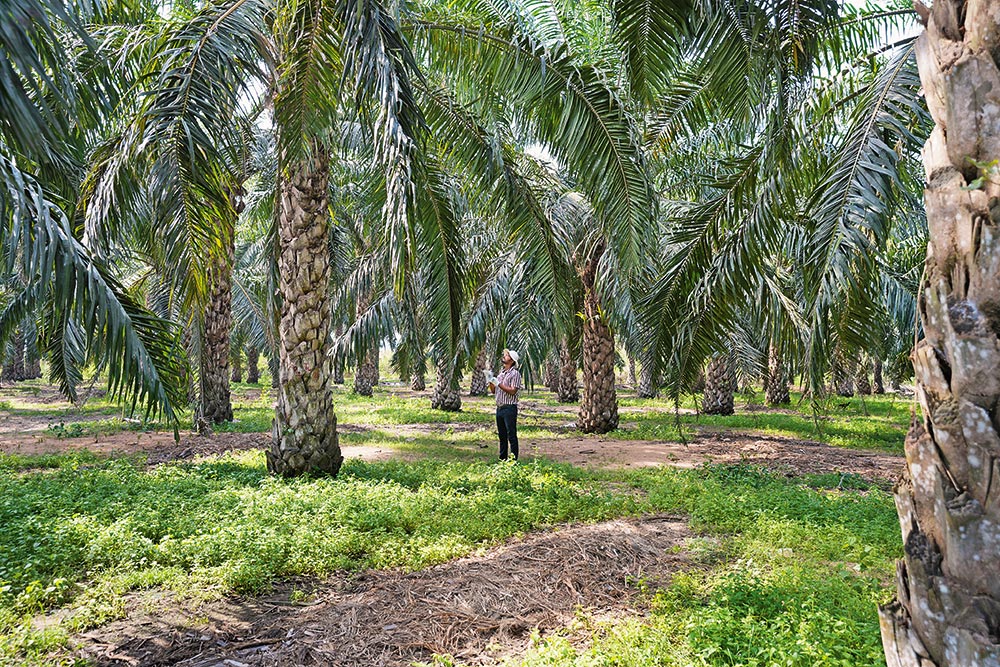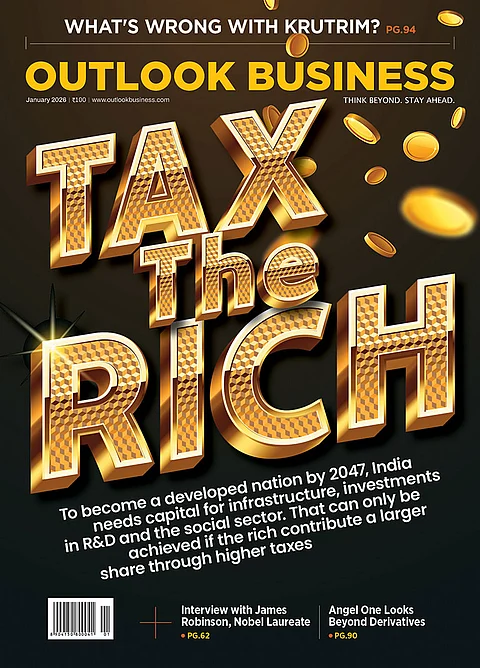His professional philosophy is that it is not enough for an employee to have a sense of ownership in a company. The essence is ‘Emotional Ownership (EO).’ Experts talk about various forms of ownership. The founder(s) and investor(s) own shares, which give them control, along with responsibilities to manage operations, or act as checks and balances. The employees too can own a chunk of a company through stock options, and other schemes. Buyers, vendors, and suppliers are wedded to a firm because their businesses depend on it.
But if an employee is involved emotionally, there is a feeling of being a part of a company, a sense of family-ness, and every member works together for betterment and better times. EO inculcates passion and zeal among workers, who treat the organization as their own. It is a sentiment akin to belonging to a group or community, which works in consonance and harmony. A person with EO is more likely to opt for short-term pain and long-term gain as against short-term gain and long-term pain. While a professional manager is more likely to do exactly the opposite. Hence in such a scenario, apart from bringing professional skills, talents, and responsibilities that an employee brings to the table, he/she gives his/her sweat and blood to the company.
S. Varadaraj, CFO and Head (Legal & IT), Godrej Agrovet Ltd, who fervently believes in EO, explains, “I am not involved in only the financial, legal, or IT aspects. I look at other areas and my actions and decisions align with every issue that helps the company.” He is an integral part of the business vehicle that moves in the right direction, at the right time, and on a profitable and growth path. This is why Varda, as he is addressed, handles multiple portfolios.

The story of how Varda, initially who was designated only as CFO, was given charge of legal affairs indicates his commitment. One of the strategies that the company pursued was forward-and-backward integration, both through organic and inorganic growth. The latter proved crucial, as the owners inked joint ventures (JVs), and acquired companies in its quest for expansion and integrated diversification.
Since he is an ardent believer in EO, Varda began to go through the legal papers, which pertained to several issues such as technology knowhow, technology transfer, or the role of the owners, and read the fine print. He wanted to ensure that Godrej Agrovet Ltd (GAVL) is safeguarded from any potential issues in the future. He pored through the documents to create a win-win for his company.
“Over time, my colleagues told the promoter and MD that I was a master in legal matters. They claimed that if I had gone through the legal papers, the battery of lawyers did not have to screen them. Although I was not a qualified lawyer, the promoter and MD decided that I should be given the additional responsibility of legal and secretarial functions too,” reminisces Varda.

Since he became the CFO in 2004, Varda helped the company to emerge as a mega-corporation, a diversified, Research & Development focused agri-business company dedicated to improving the productivity of Indian farmers by innovating products and services that sustainably increase crop and livestock yields. GAVL, for instance, diversified from its comfort zone, i.e., the cash-cow business of animal feed, and ventured into dairy products, and specialty chemicals. He played a pivotal role in pushing the horizon through the acquisition of Creamline Dairy Products Limited (2015-16), and subsequently rebranding its products under Godrej Jersey.
However, his best achievements were in inking JVs. In 2008, the company sealed a partnership, Godrej Tyson Foods Ltd, which propelled it to the top of the processed poultry products business. It was a logical step to ensure forward integration for an animal feed player. “We quickly realized that being in the poultry feed business did not give us an automatic and implicit right to enter the poultry segment,” says Varda.
Hence, Godrej Agrovet opted for a 51:49 Indian JV with Tyson India Holdings, an affiliate of the US-based Tyson Foods. The venture sells processed chicken and frozen foods. Tyson Foods, states on its website, that it is a “modern, multinational, protein-focused food company producing approximately 20% of the beef, pork and chicken in the United States,” with sales of more than $50 billion a year.

Varda contends that as experts from Tyson Foods visited poultry factories across India, they “provided valuable and insightful inputs, whose value cannot be measured only in monetary terms.” In the 2022-23 annual report, Nadir Godrej, Chairman, Godrej Agrovet, claimed, “In the Poultry and Processed Food business, several new launches across brand categories coupled with renewed focus on brand building and channel expansion yielded positive results.”
Of course, firms can fail. In its 2022- 23 annual report, Godrej Agrovet admits that one of its subsidiaries, Astec LifeSciences, is “severely impacted by sluggish demand and a supply glut in its enterprise products portfolio.” It adds, “Going through various sectoral challenges such as a high level of channel inventories, adverse climatic conditions and price corrections, Astec LifeSciences reported a sharp drop in profitability.”
But such instances propel firms to take corrective action. The subsidiary, which is present in the agri and specialty chemicals segments, took measures to “accelerate portfolio diversification, with a focus on Contract Manufacturing.” The idea is to make new products that help the company to serve buyers during both the harvesting seasons, and “develop a pipeline for in-licensed products.”
Varda concedes that things do not always work according to the plan. “Our forward integration efforts to enter the rural retail segment did not pan out as we expected. Still, while we expanded into newer areas (and enhanced products portfolio), we shed our non-core businesses. The philosophy has to be both – investing and harvesting, and one needs to keep egos aside. If owners, employees, investors, and other stakeholders collaborate and work together, in the spirit of EO, a company will definitely progress despite a few failures. ,” he reveals.
Evidently, this turned out to be true once again with Godrej Agrovet’s palm oil business. Today, it is the largest producer of crude palm oil, with more than 30% market share in India, and potential area for plantation of 200,000 hectares. It hopes to deepen its partnership with more than 9,000 farmers, and “focus on unlocking margin across the value chain through refining, solvent extraction, waste-to-wealth initiatives, etc.”
Palm plantations require alliances and partnerships with several stakeholders, including farmers. EO can prove to be crucial in such areas. More importantly, it serves the nation and nature’s interests. India is dependent on imports from Malaysia and Indonesia. Local production saves foreign exchange, boosts self-reliance, contributes to Make-in-India initiatives, and nurtures the idea of Atma-Nirbhar Bharat.
There is a marked distinction between palm plantations in India, and nations in South East Asia. In Malaysia and Indonesia, forests are cut to make way for plantations. The situation is opposite in India, where no forests are cut, and the green cover is enhanced due to new plantations. Thus, there is a positive impact on the environment. This is how EO helps to enlarge the overall universe of beneficiaries – from workers to company, stakeholders to society, and nation to nature.











